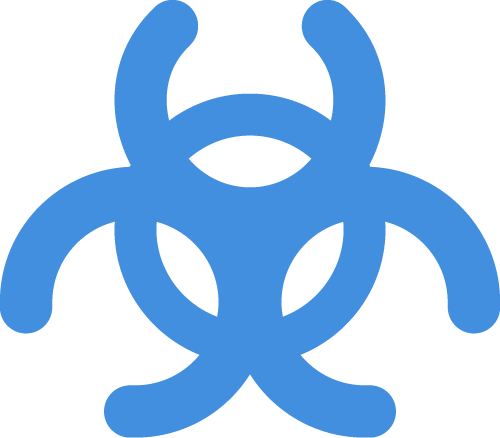World
22 June 2022 — Over the past few weeks, reported cases and deaths from COVID-19 continue to decline globally and regionally. Naturally, we feel relieved with this news. But is it really the time to let our guard down? While we observe these encouraging trends, we need to interpret them cautiously.
Many countries have reduced testing and sequencing services. This means that we are not receiving the information needed to analyse the pandemic trajectory precisely. The virus will evolve, and how it will do so is still challenging to predict.
As of 20 June, the WHO Eastern Mediterranean Region has reported over 21 890 000 COVID-19 cases and 343 417 deaths. Over the last week only, more than 33 300 cases and 62 deaths were reported. These numbers are not small.
The pandemic is not over and is still a public health emergency. We urge countries to pursue the efforts we all pledged to do.
We call on all countries to vaccinate all health workers, older people and other at-risk groups and apply measures according to their situation and needs.
Recently, the Technical Advisory Group on COVID-19 Vaccine Composition concluded that, on further review, currently licensed vaccines provide high levels of protection against severe disease outcomes for all COVID-19 variants, including Omicron, with a booster dose.
On other proven effective measures, we urge countries to tailor their response to their realities and the unique situations they face. There is no “one-size-fits-all” solution.
In the Eastern Mediterranean Region, our current priority is to maintain surveillance, testing and genome sequencing capacities, accelerate COVID-19 vaccination to reach coverage targets and strengthen the resilience of health systems.
Now for an update on monkeypox.
More than 2100 confirmed cases of monkeypox have been reported to WHO from 43 countries since January 2022, including three countries in our Region reporting 15 confirmed cases. The risk of monkeypox is becoming real and concerning.
The public health risk remains moderate at global and regional levels. However, investigations are still ongoing. We are concerned that monkeypox has been spreading unchecked for a while.
WHO convenes an Emergency Committee on monkeypox on 23 June 2022 to assess whether this outbreak represents a public health emergency of international concern and to gather expert advice.
WHO’s Regional Office is working closely with health authorities and ministries of health in Lebanon, Morocco and the United Arab Emirates, where confirmed cases of monkeypox have been reported, as well as with other countries in the Region, to scale up detection and response capacities.
The incident management structure has been activated to coordinate disease surveillance, comprehensive case finding, contact tracing, laboratory investigation, clinical management and isolation, and implementation of infection prevention and control measures.
Training on case management is being kicked off in Somalia this week with more than 100 health care professionals, for early detection, differential diagnosis, laboratory confirmation and appropriate treatment at health facilities.
Everyone should be reminded that monkeypox can infect anyone if they have close physical contact with someone else who is infected. We urge countries to work with communities to ensure people who are most at risk have the information and support they need to protect themselves and others and to widen surveillance to stop onward transmission.
World
World
World
World + 6 more
ReliefWeb’s Terms & Conditions.
© 2022 all rights reserved.
Related Platforms
Other OCHA Services
Discover The 'Can't-Fail' CPA Offers With Just 1- Click
